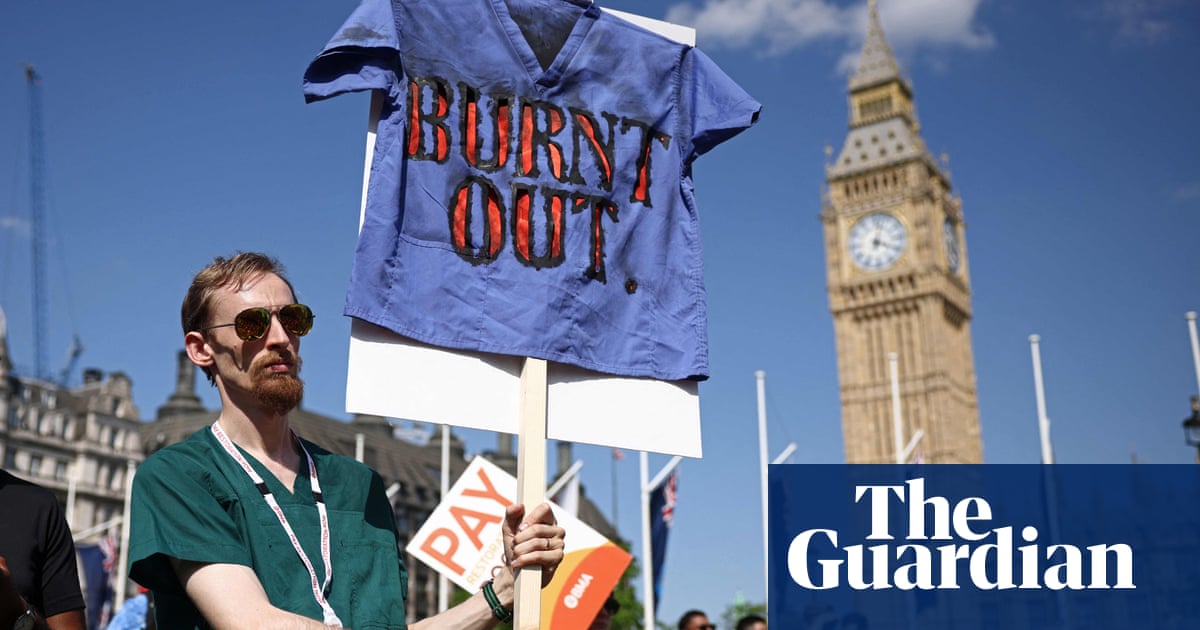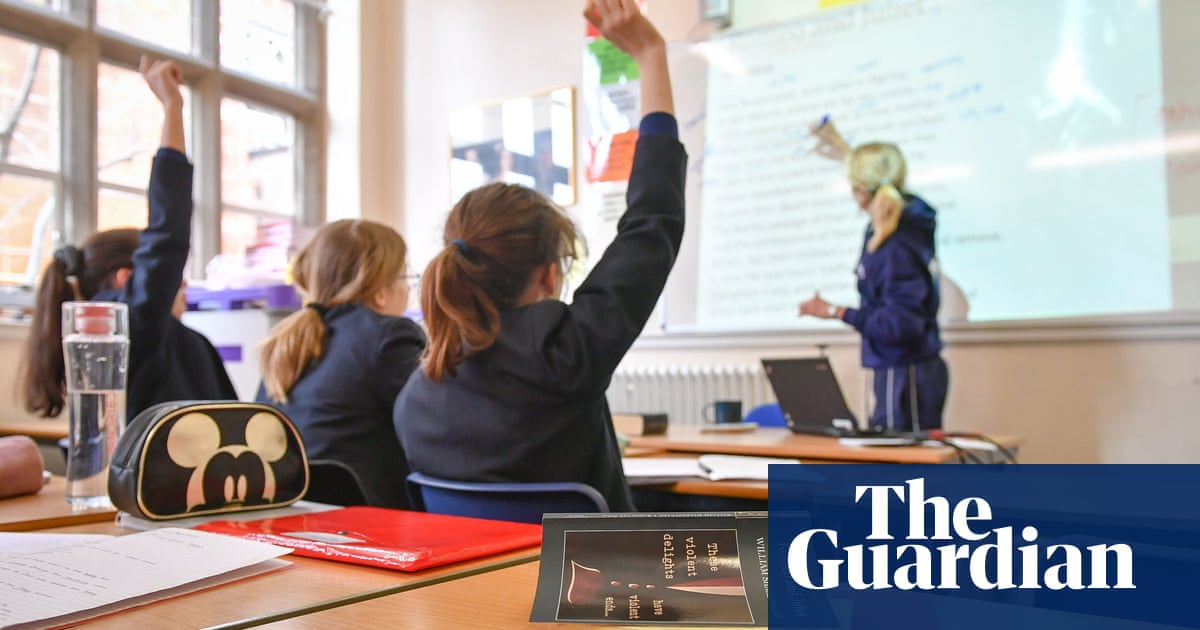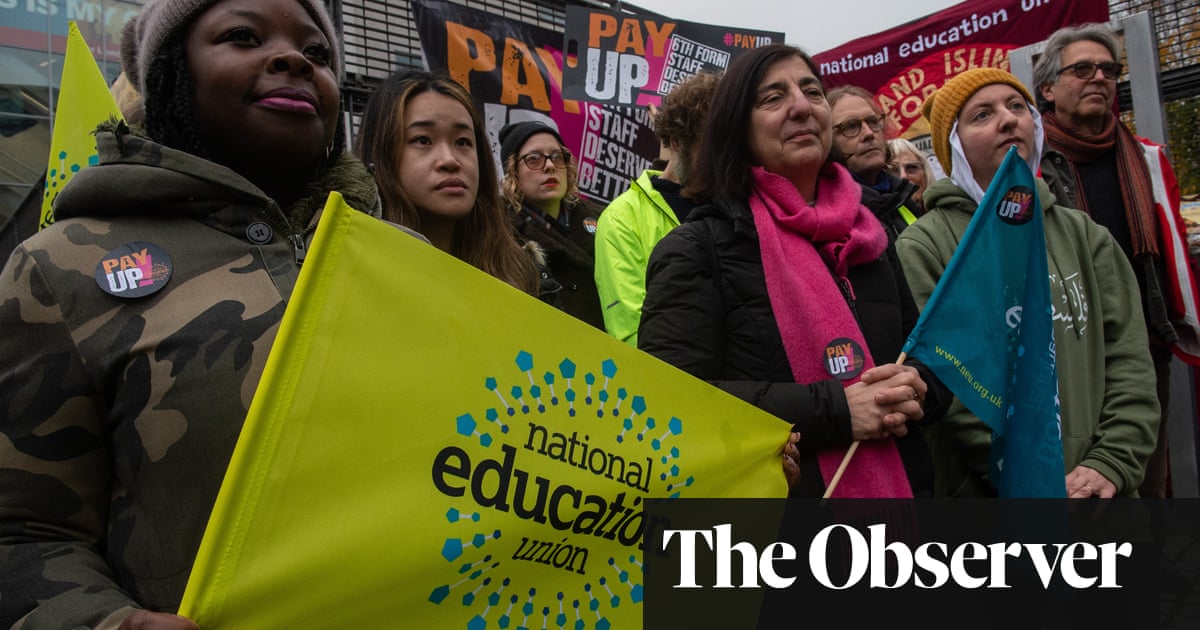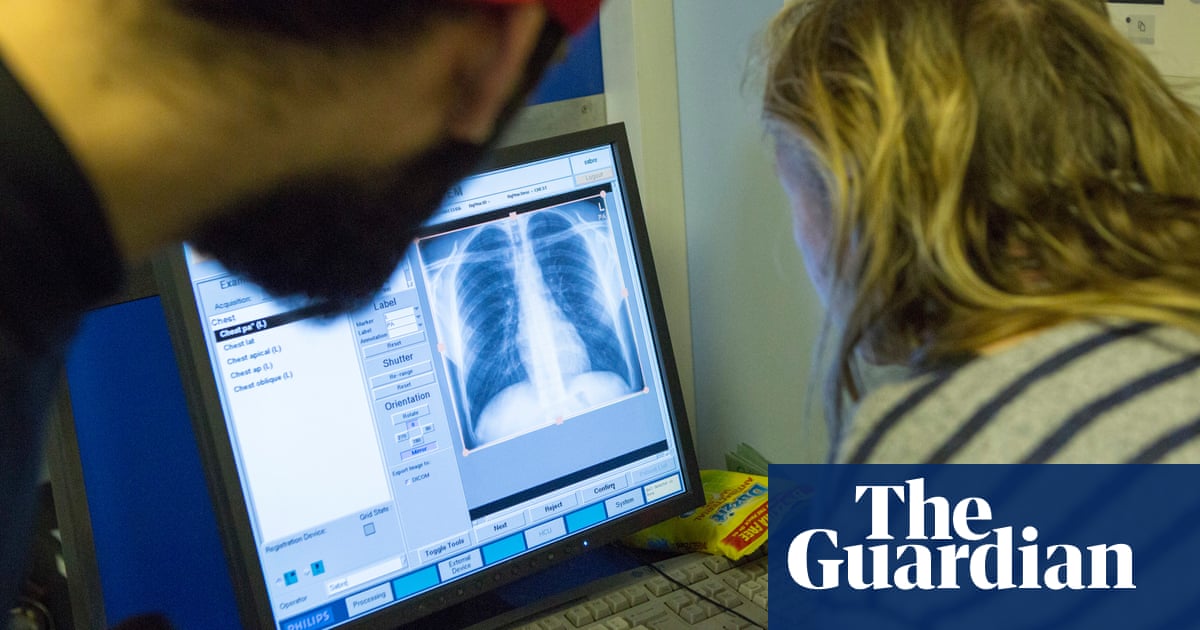
Members of the NASUWT teachers’ union have voted in favour of industrial action over pay and workload, raising the prospect of mass strikes and widespread disruption across schools in England this autumn.
After months of stalemate with no progress over teachers’ pay, NASUWT members voted decisively for industrial action, with 88.5% of eligible members voting to support strike action and 94.3% supporting action short of strike.
The union will now draw up a programme of industrial action short of strike action starting in September, which will mean teachers working to rule. The NASUWT will also discuss the possibility of coordinated strike action with other education unions during the autumn term.
Wednesday’s result is hugely significant after an earlier strike ballot by the NASUWT failed to reach the required 50% threshold of members taking part. Rising frustration among teachers ensured a turnout of 51.9% on the latest ballot.
Announcing the ballot result, Dr Patrick Roach, the NASUWT general secretary, said: “Today our members have sent a strong message to the government and to employers that teachers demand a better deal on pay and to address excessive workload and working hours.
“Our members have secured the largest mandate for industrial action by the NASUWT in over a decade, exceeding the government’s anti-trade union ballot thresholds.
“We have today written to the government and to employers confirming the prospect for industrial action in schools the length and breadth of the country from this autumn.”
The NASUWT is one of four education unions holding a strike ballot as part of a long-running pay dispute, which could lead to teachers staging the biggest strikes in a decade in a united show of strength. Other ballot results are expected in the coming weeks.
Negotiations between the Department for Education and the unions ended in March, with the NASUWT, the National Education Union, the National Association of Head Teachers and the Association of School and College Leaders (ASCL) all decisively rejecting the government’s offer of a 4.3% pay rise and £1,000 one-off payment.
Since then the government has refused to reopen talks, with the education secretary, Gillian Keegan, saying ministers would wait for the School Teachers’ Review Body (STRB) recommendations before making a further pay offer for the 2023-24 school year.
The STRB report has not yet been published but it has been widely reported that it recommends a 6.5% pay rise for teachers. However, the chancellor, Jeremy Hunt, has told ministers there will be no extra money to fund such a pay rise in the public sector, meaning savings would have to be found elsewhere in order to raise salaries.
Roach called on ministers to get back to the negotiating table. “The government must stop playing politics, publish the report of the School Teachers’ Review Body and put an end to the damaging speculation they have allowed to develop over recent weeks.
“The STRB’s recommendation of a 6.5% pay award for teachers and headteachers, which has been widely reported, is the minimum to which our members are entitled. However, NASUWT members are clear that teachers deserve better than just another real-terms pay cut.”
Children in English state schools have already been affected by eight days of strike action by members of the NEU this year, which has resulted in the closure or partial closure of many schools.
Earlier this month, Daniel Kebede, the newly elected general secretary of the NEU, which is awaiting the result of its latest ballot to renew its mandate for strike action, said: “What strike action looks like very much depends on the government.
“But it’s not just going to be our union with a strike ballot, there will also be the head teachers’ unions and the prospect of the NASUWT taking action on strike ballots in thousands of schools up and down the country.
“This government could be faced with the very real prospect of a united front demanding a change of course.”
A Department for Education spokesperson said the government was still considering the recommendations of the STRB and would publish its response in the usual way, adding: “Further strike action will cause real damage to pupil learning and even more disruption for parents right across the country.
“We recognise and value the hard work of teachers, but we must balance pay offers with the need to make responsible decisions that are affordable so we can continue to tackle inflation.”












